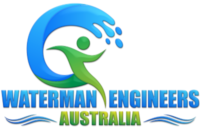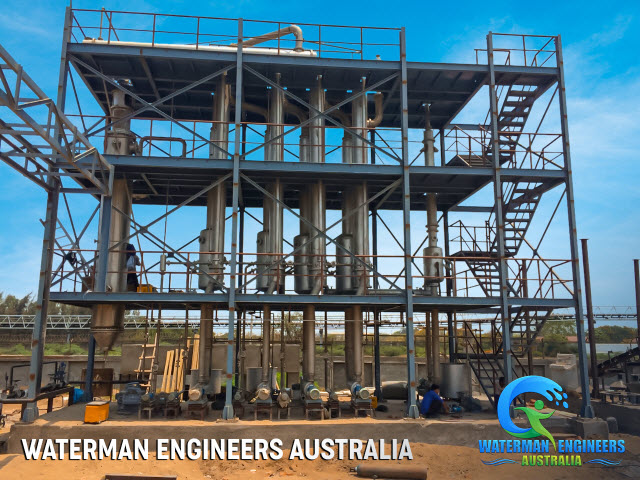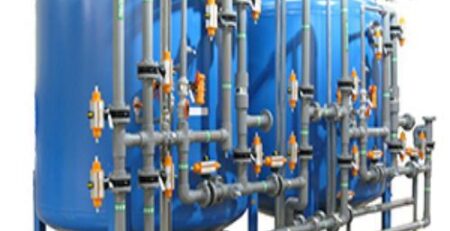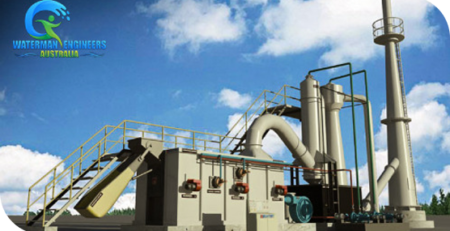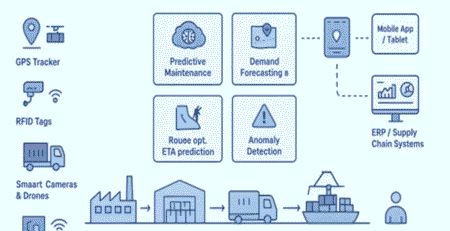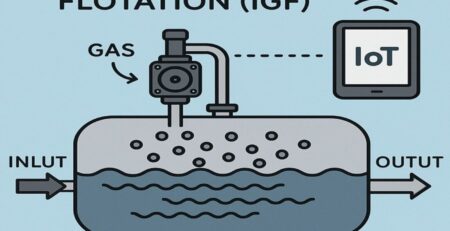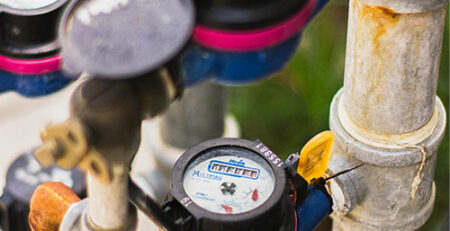Technological Advances and Challenges in Implementing Zero Liquid Discharge (ZLD) Systems in Thailand
Zero Liquid Discharge (ZLD) is an advanced wastewater treatment process that leaves behind zero liquid discharge. It aims to reuse wastewater at a low cost and minimize its impact on the environment.
Zero Liquid Discharge (ZLD) systems have become increasingly popular in recent years as industries seek to reduce their environmental impact by reducing wastewater discharge. Thailand, a country that relies heavily on water resources for its economic development, has taken significant steps towards implementing ZLD systems in various industries. The advancement of technology has played a crucial role in the development and implementation of ZLD systems in Thailand.
Technological Advances in ZLD Systems in Thailand
Advancements in technology have played a crucial role in the development and implementation of Zero Liquid Discharge (ZLD) systems in Thailand. Pre-treatment, evaporation, crystallization, and membrane technologies have made ZLD systems more efficient and cost-effective. Pre-treatment technologies remove impurities from wastewater, while evaporation technology uses heat to evaporate water, and crystallization technology turns the remaining wastewater into solid crystals. Membrane technology separates water from solid waste, allowing industries to recover and reuse water while reducing its environmental impact.
The use of ZLD systems with advanced technology has revolutionized the way wastewater is treated in Thailand. These systems have allowed industries to recover and reuse water, generate new sources of revenue, and reduce their overall water footprint. With these technological advances, ZLD systems have become a sustainable option for industries in Thailand, promoting more environmentally friendly industrial development.
Benefits of Technology in ZLD Systems in Thailand
The use of advanced technology in Zero Liquid Discharge (ZLD) systems in Thailand offers various benefits to the industrial sector. Firstly, the application of technology such as reverse osmosis and evaporators significantly reduces the energy required to treat wastewater in ZLD systems, making the process more energy-efficient. Secondly, the advanced technology used in ZLD systems can reduce the use of chemicals required for treatment, thus minimizing environmental impacts and costs. Thirdly, the integration of technology in ZLD systems minimizes the production of solid waste, making disposal more manageable and cost-effective. Lastly, the use of technology in ZLD systems reduces the water footprint of industries by reducing the amount of water required for manufacturing processes. This benefit is particularly critical for water-stressed countries like Thailand, where efficient water usage is essential to sustain industries and communities.
Challenges in Implementing ZLD Systems in Thailand
Despite the benefits of ZLD systems, implementing them can be challenging. One of the biggest challenges is the cost of implementation. ZLD systems can be expensive to install and maintain. Another challenge is the lack of skilled personnel to operate and maintain the systems. Finally, the regulatory environment in Thailand can be challenging, with different agencies having different requirements for wastewater treatment.
Implementing Zero Liquid Discharge (ZLD) systems in Thailand can pose various challenges, which can hinder its widespread adoption. Here are some of the most common challenges in implementing ZLD systems in Thailand:
High Initial Investment: ZLD systems can be expensive to install and maintain, and this can be a significant deterrent for industries that are considering adopting the technology. The high initial investment required to implement ZLD systems may not be feasible for small and medium-sized industries that have limited resources. Furthermore, the lack of access to affordable financing options can also hinder the adoption of ZLD systems.
Lack of Skilled Personnel: The proper operation and maintenance of ZLD systems require skilled personnel who are trained in the use of advanced technology such as reverse osmosis and evaporation. However, the availability of such skilled personnel is limited in Thailand, which can make it challenging for industries to adopt ZLD systems.
Regulatory Challenges: The regulatory environment in Thailand can be complex and challenging, with different agencies having different requirements for wastewater treatment. This can create confusion for industries that are trying to comply with regulations and can also result in delays in obtaining necessary permits and approvals.
Lack of Awareness: Many industries in Thailand may not be aware of the benefits of ZLD systems or may not understand how the technology works. This lack of awareness can result in reluctance to invest in ZLD systems, despite the potential benefits.
Compatibility with Existing Infrastructure: The implementation of ZLD systems requires significant modifications to the existing infrastructure, which can be challenging for industries. Compatibility issues can arise when integrating ZLD systems with existing infrastructure, which can result in additional costs and delays.
The implementation of ZLD systems in Thailand poses significant challenges that must be addressed to achieve widespread adoption. The challenges include high initial investment costs, a lack of skilled personnel, complex regulatory requirements, a lack of awareness, and compatibility issues with existing infrastructure. Addressing these challenges will require collaborative efforts from various stakeholders, including government agencies, industry associations, and technology providers.
